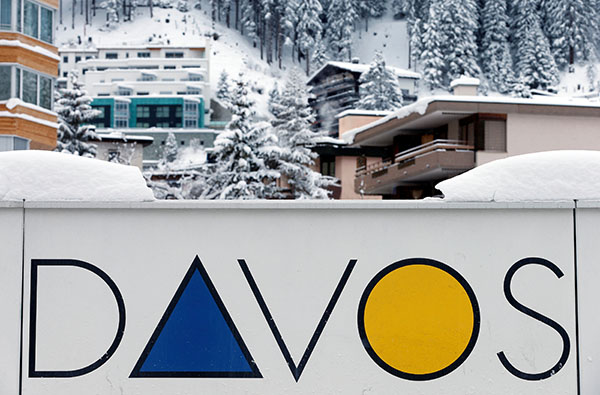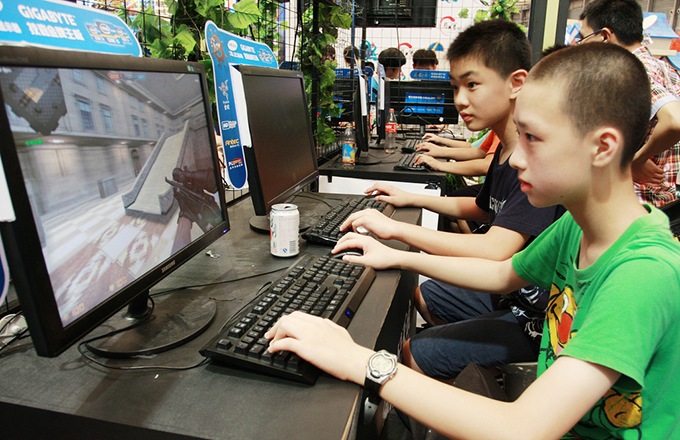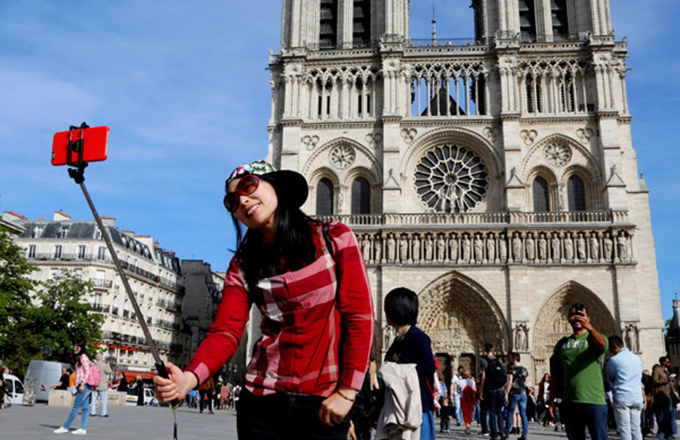A week that changed the world
|
 |
|
A Davos logo is seen before the annual meeting of the World Economic Forum (WEF) in Davos, Switzerland January 15, 2017. [Photo/Agencies] |
This third week of January, 2017 is one overflowing in ironies that will long be remembered. It is full of sea changes in which history performed flip flops and somersaults leaving the world noticeably transformed from many decades that preceded it.
This week reminds me of Margaret MacMillan’s 2002 award-winning book Nixon and Mao: The Week That Changed the World but oddly only as a tangential mirror image of it. This is because this week the world as we knew it has gone and been supplanted by a new paradigm hardly imaginable a year ago.
Three events make my point. The attendance of President Xi Jinping for the first time, along with senior Chinese officials, at the World Economic Forum, together with his much anticipated keynote address and visits to various multilateral organizations. United Kingdom Prime Minister Theresa May’s announcement that Brexit will be a “clean” one marked by untying the many knots that bound it to the European Union. The third is the inauguration of one of the most enigmatic Presidents in the history of the United States, Donald J. Trump.
A year ago it would have been hard to imagine, as memorialized in President Xi’s Davos keynote, that China would assume the mantle of leadership in globalization, opposing protectionism and promoting free trade. But that’s exactly what he said. And in tandem, the State Council announced that the Chinese government would liberalize policies on foreign investment in Chinese banks and other financial institutions.
Although some may still quibble with the “purity” of China’s open trade policies, there is no doubt that the US abdicated its leadership as of todayby renouncing the Trans-Pacific Partnership, and handed China its global leadership role on a silver platter. And to give credit where credit is due, Xi’s One Belt, One Road (OBOR) initiative begun in 2013 was prescient. China is occupying the moral economic high ground in the world now and can further capitalize on being there. More than forty countries and international organizations have signed cooperation agreements with China, and Chinese companies are responsible for more than $50 billion in investments resulting in significant job creation at home and abroad under OBOR.



















